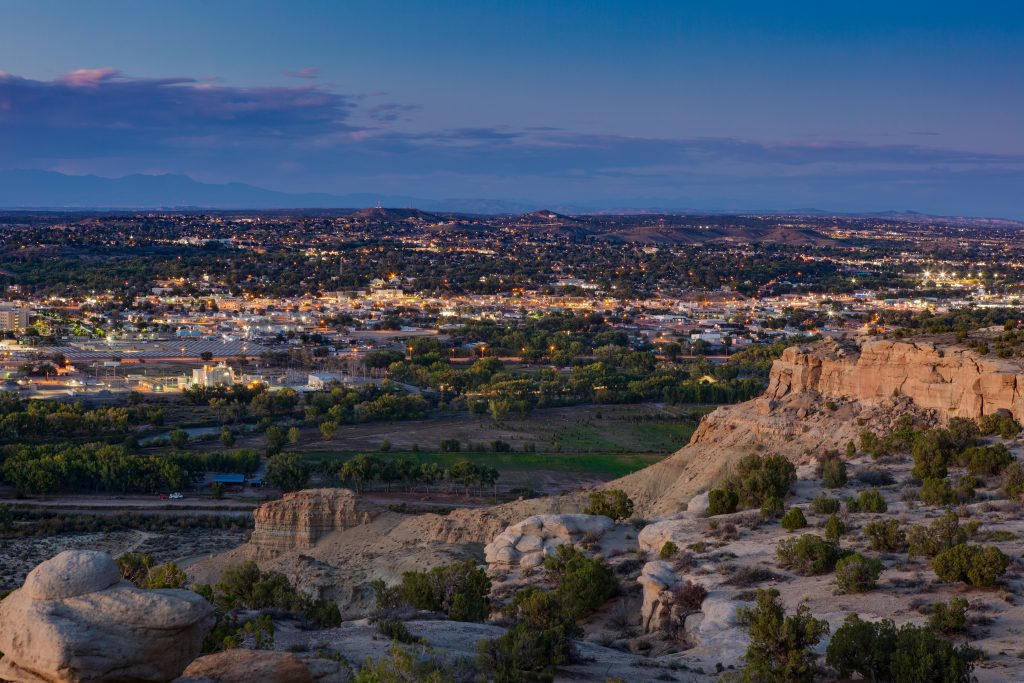When you think of red-hot real estate markets, you probably think of the giants — like New York City, San Francisco and Boston. Some other cities that have been garnering some buzz lately, like Denver and Austin, may also come to mind.
But as it turns out, the metro areas that are seeing the largest year-over-year price increases happen to be some smaller, lesser-known markets — and surprisingly, none are in California, according to an analysis from the National Association of Realtors (NAR). Rather, the hottest markets are mostly clustered in Florida and the Carolinas.
About nine in 10 metro areas saw home price gains in the fourth quarter of 2022, even though mortgage rates topped 7%, which likely sidelined many buyers. A monthly payment on a 30-year mortgage for a $250,000 house at a 7% interest rate is $1,663 versus $1,054 at a 3% interest rate, which makes a big difference for budgets.
Of the 186 metro areas that were tracked, 18% registered double-digit price increases over the same time period, which is actually down from 46% in the third quarter of 2022.
“A slowdown in home prices is underway and welcomed, particularly as the typical home price has risen 42% in the past three years,” NAR Chief Economist Lawrence Yun said, who noted that these cost increases have far surpassed wage increases and consumer price inflation of 15% and 14%, respectively, since 2019. “Far fewer metro markets experienced double-digit price gains in the latest quarter.”
The fastest growing market, according to NAR, is Farmington, New Mexico, which is in the northwest corner of the state. The average home price in Farmington, according to Zillow, is $209,811, which is far less than the national average of home prices that’s at $328,745.
The top 10 metro areas with the steepest year-over-year price increases all recorded gains of at least 14.5 percent, according to NAR.
The Fastest-Growing Markets and Their Year-Over-Year Growth Rates:
- Farmington, New Mexico: 20.3%
- North Port-Sarasota-Bradenton, Florida: 19.5%
- Naples-Immokalee-Marco Island, Florida: 17.2%
- Greensboro-High Point, North Carolina: 17.0%
- Myrtle Beach-Conway-North Myrtle Beach, South Carolina and North Carolina: 16.2%
- Oshkosh-Neenah, Wisconsin: 16%
- Winston-Salem, North Carolina: 15.7%
- El Paso, Texas: 15.2%
- Punta Gorda, Florida: 15.2%
- Deltona-Daytona Beach-Ormond Beach, Florida: 14.5%
The report says that California still dominates when it comes to the most expensive markets in the U.S., with five California metropolitan areas on the list, including San Jose-Sunnywale-Santa Clara area, San Francisco-Oakland-Hayward, and Los Angeles-Long Beach-Glendale. Other expensive markets include Honolulu, Hawaii; Boulder, Colorado, and Seattle-Tacoma-Bellevue, Washington.









